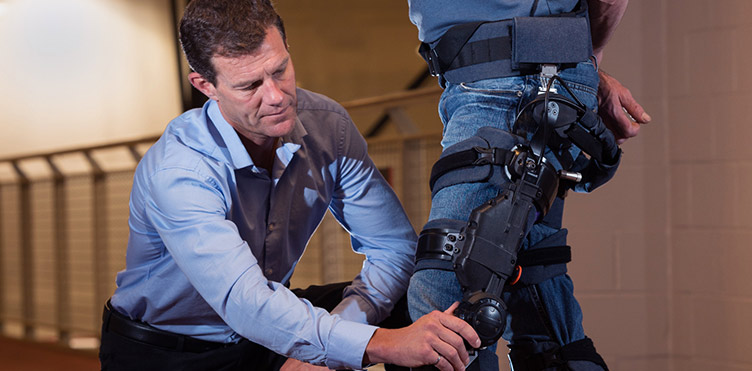Ways to Partner

Knowledge and technology transfer is conducted at the University of New Brunswick in the following ways – all of which provide opportunities for reducing risks and lowering the costs of doing research.
Technology assessments
Companies can access a researcher at no cost to assess a technology or new product/capability.
Costs are covered by an agreement with the National Research Council’s (NRC) Industrial Research Assistance Program (IRAP) and are subject to their review and approval.
- Short-term technical or business assistance for companies, generally up to 5 days (40 hours) of work.
- UNB’s Research and Innovation (R&I) Partnerships group will facilitate the liaison.
- Companies will receive a final report that can be used for further investment.
Service contracts
Access researchers and technical staff on both campuses to help solve problems, conduct studies and develop models.
Development agreements
Bring technology to the table or outline an idea to develop a specific technology that results in new or joint intellectual property (IP) and new products.
UNB's agreements cover the project and commercial development, with commercial benefits going to the company.
License agreements
Access available UNB-developed technologies through various forms of license.
Many of these technologies have reached at least a working prototype stage (issued or pending patent), and a UNB commercial partnership will allow new funding to be leveraged, reducing industry risk.
Industry may identify or bring a problem to UNB and UNB researchers can develop and license a solution to that problem.
Company spin-offs
Students, staff and researchers often consider spinning off a company from a technology developed at UNB.
UNB supports spin-offs by finding investment, creating base agreements to transfer the technology to the company, and incubating the company where possible.
Other
- Problem assessments, studies and literature reviews.
- Connect researchers and technologies to businesses.
- Support greater research collaboration through public and/or private partnerships.
